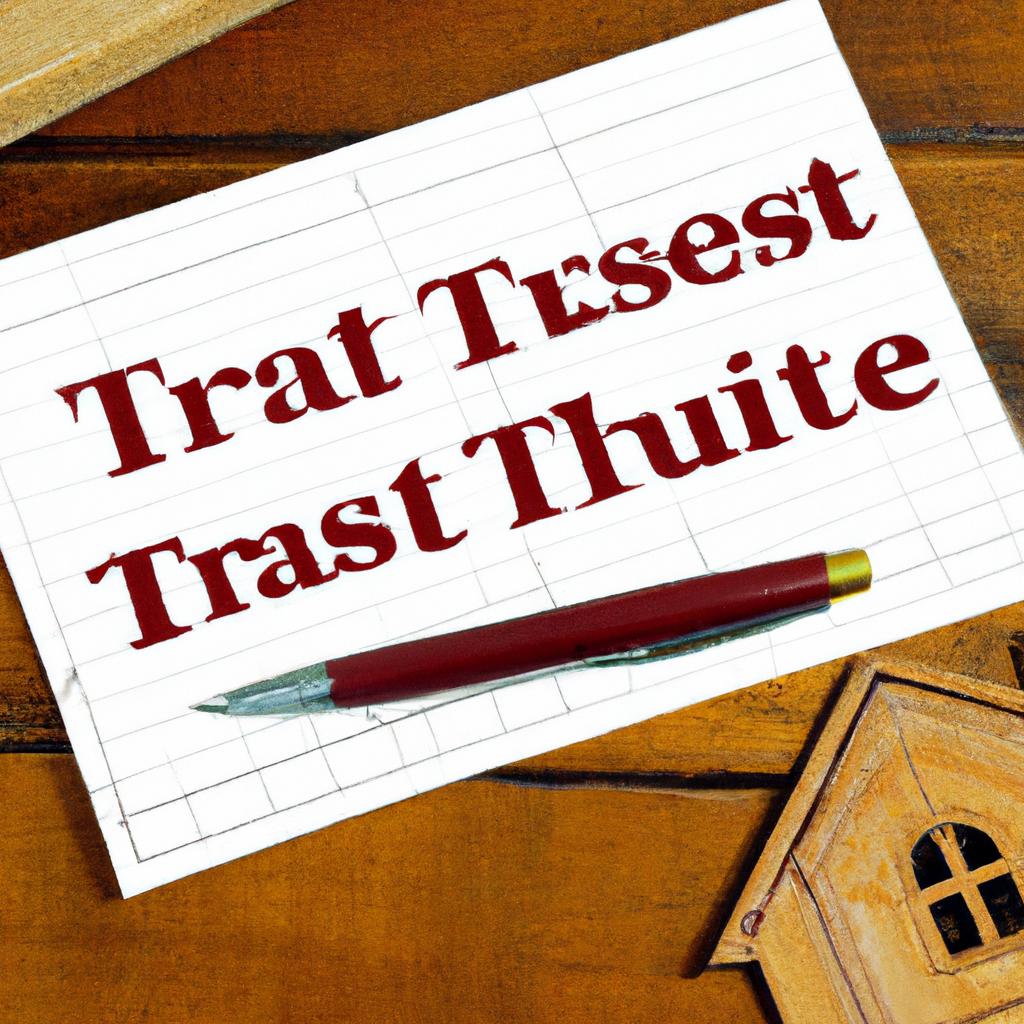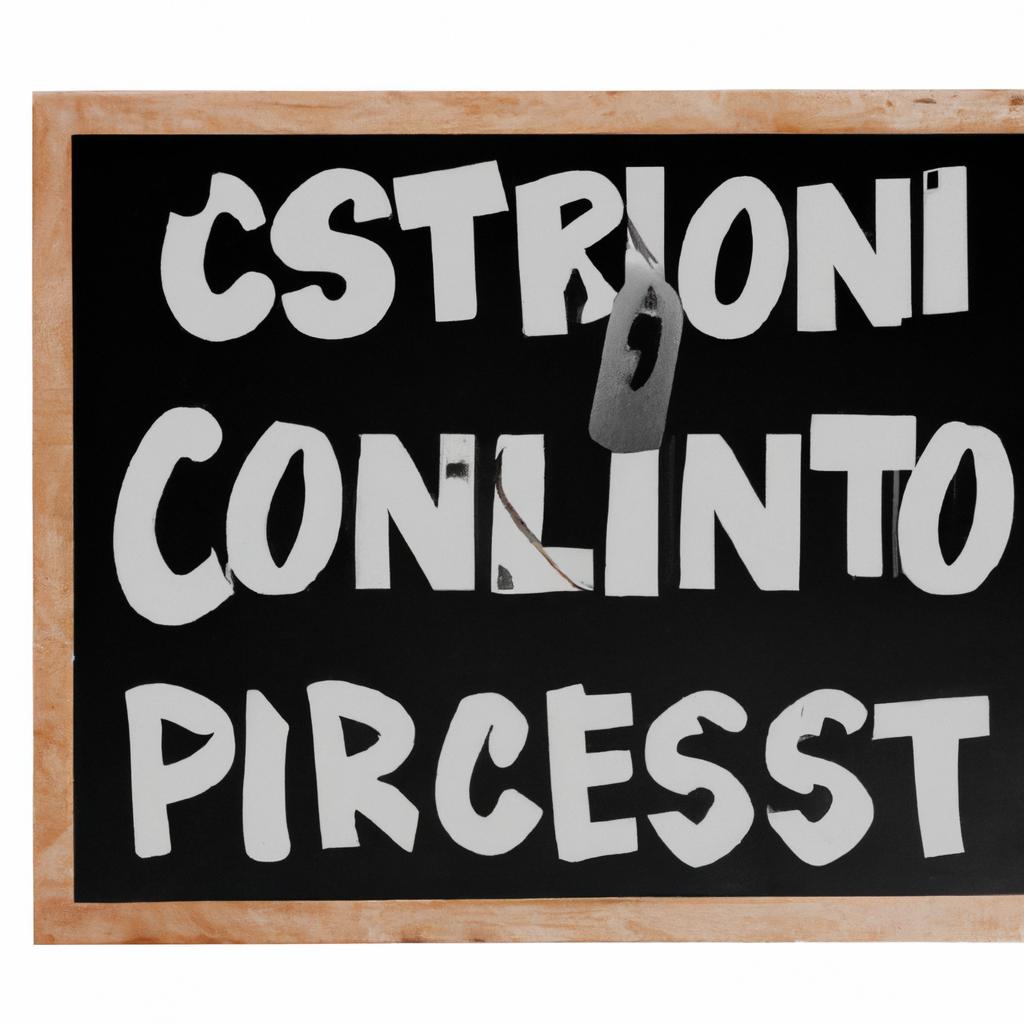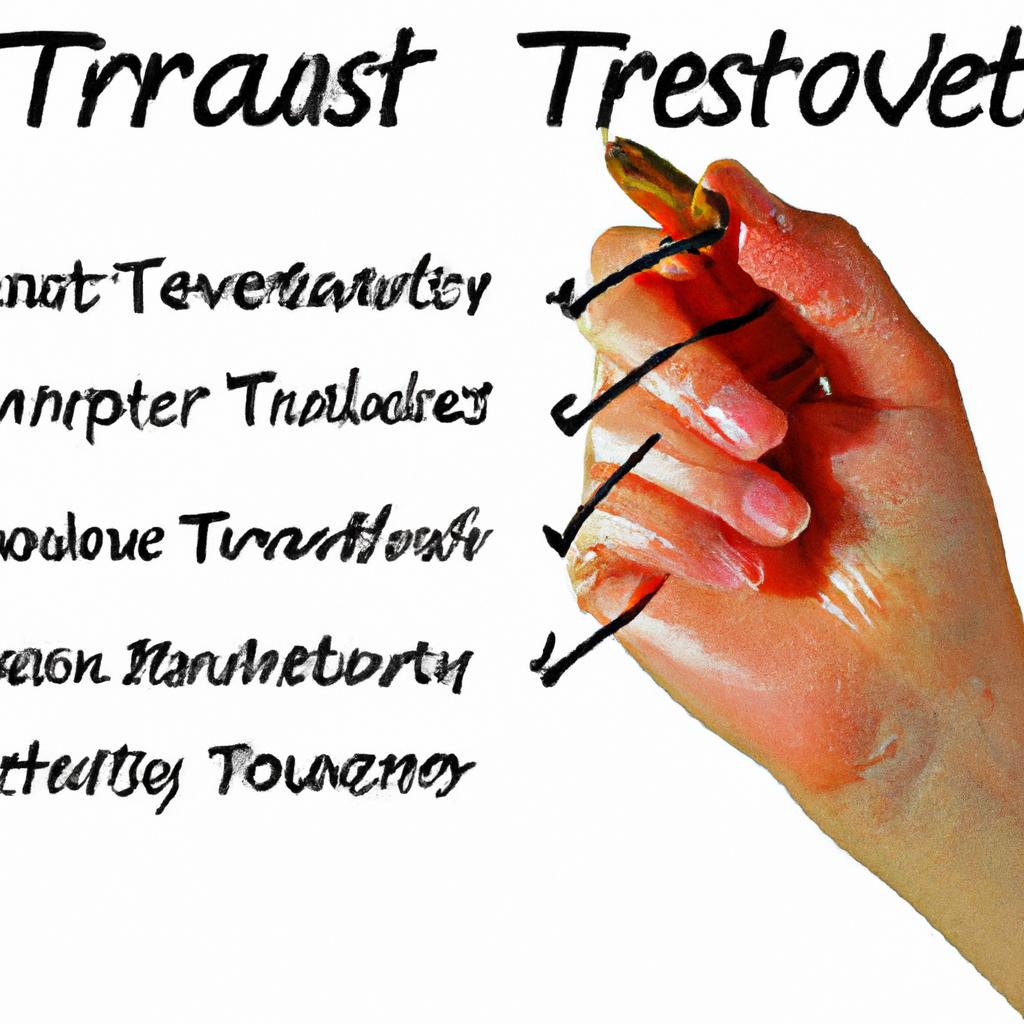In the realm of estate planning, the concept of placing one’s home in a trust is often touted as a strategic move to safeguard assets and streamline the transfer of property upon death. However, as experienced practitioners in the field of trusts and estates, we at Morgan Legal Group recognize that such a decision is not without its pitfalls. In this article, we delve into the potential disadvantages that may arise from putting your house in a trust, shedding light on the nuances that one must consider before embarking on this path.
Pitfalls of Placing Your Home in a Trust
Putting your home in a trust can have its advantages, such as avoiding probate and ensuring privacy in the transfer of assets. However, there are also several pitfalls to consider before making this decision. One major disadvantage is the potential loss of control over your property. When you transfer your home into a trust, you are relinquishing ownership and must abide by the rules outlined in the trust agreement.
Another drawback is the cost associated with setting up and maintaining a trust. Trust administration fees, legal expenses, and potential tax implications can add up over time. Additionally, placing your home in a trust may limit your ability to take out a mortgage or refinance the property. It’s important to weigh the pros and cons carefully before deciding if a trust is the right choice for your estate planning needs.

Risk of Losing Control Over Your Property
Putting your house in a trust can come with certain disadvantages that you should carefully consider before making a decision. One major risk is the potential loss of control over your property. When you transfer ownership of your home to a trust, you are no longer the legal owner of the property. This means that you must abide by the terms of the trust, which may limit your ability to sell or refinance the property without the consent of the trust’s beneficiaries or trustees.
Furthermore, if you decide to dissolve the trust or make changes to it in the future, you may encounter difficulties in regaining control over your property. This lack of flexibility can be a significant drawback for individuals who value autonomy and wish to retain full control over their assets. It is essential to consult with an experienced attorney, like the professionals at Morgan Legal Group in New York City, to fully understand the implications of placing your house in a trust and to explore alternative estate planning options that better align with your goals and preferences.

Potential Tax Implications to Consider
when putting your house in a trust include:
- Capturing Capital Gains Tax: Placing your house in a trust may trigger capital gains tax if the property appreciates significantly in value and is later sold. The trust itself is not eligible for the capital gains tax exemption that individuals enjoy when selling their primary residence.
- Loss of Property Tax Benefits: In some states, transferring your house to a trust could result in the loss of certain property tax benefits, such as homestead exemptions or caps on property tax increases. This could lead to higher property tax bills over time, affecting your overall financial plan.
| Consideration | Impact |
|---|---|
| Generation-Skipping Tax | Risks imposing a tax on property that is passed to beneficiaries who are more than one generation below you. |
| Income Tax Liability | May result in higher income tax liability for beneficiaries who inherit the house through the trust. |

Important Factors to Evaluate Before Trust Ownership
When considering putting your house in a trust, it is essential to evaluate the potential disadvantages that may arise. One significant factor to consider is the cost associated with setting up and maintaining a trust. Trust administration fees, appraisal costs, and legal fees can quickly add up, making it a costly option for some individuals.
- Costs associated with trust administration
- Appraisal costs
- Legal fees
Another important factor to evaluate before transferring ownership of your house to a trust is the loss of control over the property. Once the property is in the trust, the trustee will have the authority to make decisions regarding the property, including selling it or taking out loans against it. This loss of control can be challenging for individuals who value autonomy and want to retain full ownership and decision-making power over their home.
- Loss of control over property decisions
- Trustee authority over property
Q&A
Q: What are the disadvantages of putting your house in a trust?
A: While there are many benefits to putting your house in a trust, there are also some potential drawbacks to consider.
Q: Can putting your house in a trust affect your ability to get a mortgage?
A: Yes, it can. Lenders may see a house in a trust as a higher risk, which could impact your ability to secure a mortgage or refinance your home.
Q: Are there tax implications to putting your house in a trust?
A: Yes, there can be. Depending on the type of trust and your individual situation, putting your house in a trust could have estate or income tax implications.
Q: What happens if you need to sell your house that is in a trust?
A: Selling a house in a trust can be more complex than selling a house that is not in a trust. You may need to get approval from the trustee before making any decisions.
Q: Are there any restrictions on how you can use or renovate a house in a trust?
A: Yes, there may be restrictions on how you can use or renovate a house in a trust. The terms of the trust may limit your ability to make changes to the property.
Q: Can putting your house in a trust affect your eligibility for government benefits?
A: Yes, it can. Placing your house in a trust may impact your eligibility for certain government benefits, such as Medicaid or Supplemental Security Income.
Q: What happens to a house in a trust if the owner passes away?
A: Upon the owner’s death, the house in a trust typically passes to the beneficiaries named in the trust. However, the process of transferring ownership can still be complicated and time-consuming.
To Wrap It Up
In conclusion, while putting your house in a trust can offer benefits such as avoiding probate and protecting your assets, it also comes with its own set of disadvantages. From limited control and flexibility to potential tax implications and costs, it’s important to carefully weigh the pros and cons before making a decision. Ultimately, it’s crucial to seek professional advice and consider your individual circumstances before deciding if putting your house in a trust is the right choice for you.
 Title: Disadvantages of Putting Your House in a Trust: What You Need to Know
Title: Disadvantages of Putting Your House in a Trust: What You Need to Know
Are you a homeowner considering putting your house in a trust? While trusts can provide numerous benefits, it is important to also understand the potential disadvantages of this estate planning strategy. In this article, we will delve into the disadvantages of putting your house in a trust and explore when it may not be the best option for you.
Before we dive in, it’s important to understand what a trust is and how it works. A trust is a legal entity that holds assets for the benefit of named beneficiaries. The individual creating the trust, known as the grantor, transfers ownership of assets (such as a house) into the trust. The trust is then managed by a trustee, who is responsible for ensuring the assets are distributed according to the instructions outlined in the trust.
Now, let’s take a look at the disadvantages of putting your house in a trust:
1. Loss of control over your assets
One of the main disadvantages of putting your house in a trust is the loss of control over your assets. Once the house is transferred into the trust, the grantor no longer owns it and instead, it is owned by the trust. The trustee then has the authority to make decisions regarding the property, such as selling it or transferring it to a beneficiary. This can be concerning for some homeowners who may have specific wishes for their property that may not align with the trustee’s decisions.
2. Potential for trustee mismanagement
Selecting a trustee to manage your trust is a crucial decision, as they will have significant control over your assets. Unfortunately, there are instances where trustees may mismanage trust assets, whether intentionally or unintentionally. This can result in financial losses for the trust and its beneficiaries. As the grantor, it is important to carefully consider who you choose as your trustee and provide clear instructions in the trust to avoid potential issues.
3. Limited legal protection for the property
When a house is held in a trust, it is no longer owned by the grantor and therefore may not have the same legal protections as a directly owned property. If the trust incurs any legal liabilities or debts, the property may be vulnerable to creditors or lawsuits. Additionally, the trustee may not have the same level of legal protection as the grantor, potentially exposing the trust assets to legal troubles.
4. Expense and complexity of setting up a trust
Creating a trust can be a complex and expensive process. It often requires the assistance of an attorney or financial advisor, and there may be ongoing administrative fees. These costs can add up and may not be feasible for homeowners with limited assets.
5. Inflexibility and limitations on future changes
Once a house is transferred into a trust, it can be difficult to make changes to the trust document or transfer the property out of the trust. This lack of flexibility can be problematic if the grantor’s circumstances or wishes change in the future. It is important to thoroughly consider all potential scenarios before putting a house into a trust.
Conclusion
Putting your house in a trust can have several potential disadvantages, such as loss of control, trustee mismanagement, limited legal protection, expense, and inflexibility. While trusts can be a valuable estate planning tool, it may not be the best option for everyone. It is essential to carefully weigh the advantages and disadvantages and consult with a professional to determine if a trust aligns with your goals and needs.
If you do decide to put your house in a trust, make sure to choose a trustworthy and capable trustee and provide clear and detailed instructions to protect your assets and wishes. Additionally, regularly review and update your trust as needed to ensure it reflects your current circumstances and wishes.
At the end of the day, it is important to have a comprehensive understanding of the potential disadvantages of putting your house in a trust before making any decisions. While there may be drawbacks, for some homeowners, the benefits may outweigh the disadvantages. Be sure to thoroughly educate yourself and seek professional advice before moving forward with a trust to make the best decision for your unique situation.






